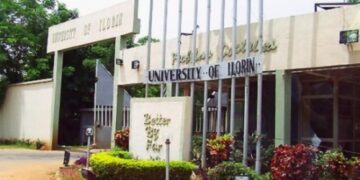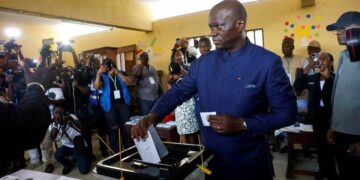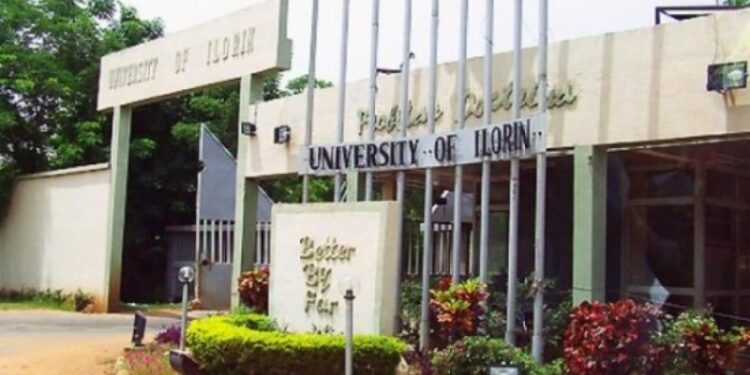By Emmanuel Nduka
Two Nigerian Professors from the University of Ilorin, Kwara State, have been listed among Elsevier B.V.’s most productive scientists in the world.
The feat of the two University dons, Kayode Oyewumi, and Musa Yakubu, was announced on Wednesday by the institution in its bulletin issued in Ilorin.
Elsevier B.V is an academic publishing company that publishes medical and scientific literature. It is based in Stanford University, United States of America.
Speaking on develoment, Dean of Faculty of Physical Sciences, Mr Oyewumi who is one of the duo, said researchers’ ranking had become a global tool for evaluating intellectualism, academic prowess, research excellence and impact in the 21st century.
“While many ranking bodies are questionable and generally unacceptable, an emerging reputable and distinguished ranking body has named two UNILORIN dons, among the world’s top two scientists,” he noted.
The Dean added that 180,000 scientists were selected from the more than eight million active scientists worldwide in 22 major scientific fields and 176 subfields.
“The list is led by Prof. John Loannidis of Stanford University with the use of verifiable data drawn from the SCOPUS database.
“The method adopted for the ranking involved the use of a complex algorithm based on ranking parameters such as SCOPUS documents (1960-2020).
“It also includes citations (including distinct citing papers), and co-authorship (including first authorship), among others,” he added.
While explaining that the long list contained names of few Nigerian scientists drawn primarily from universities and research institutes globally, he described the inclusion of himself and Prof. Yakubu who is the immediate past Director of UNILORIN Central Research Laboratories, in the list as a reflection of the valuable impact of the institution’s researchers on the global research platform.
“Obviously, the recent achievement is certainly inspirational to young faculty members and research scholars.
“It is hoped that the next edition of the ranking will feature more scientists from UNILORIN and Nigeria,” the Dean added.

































